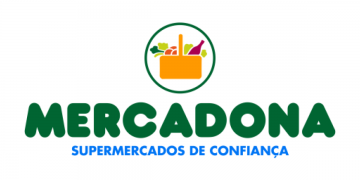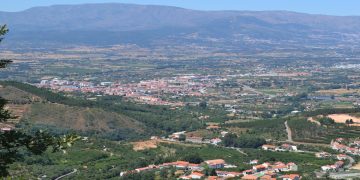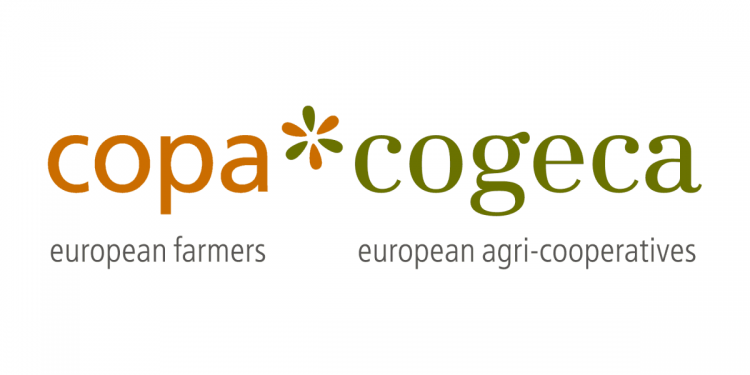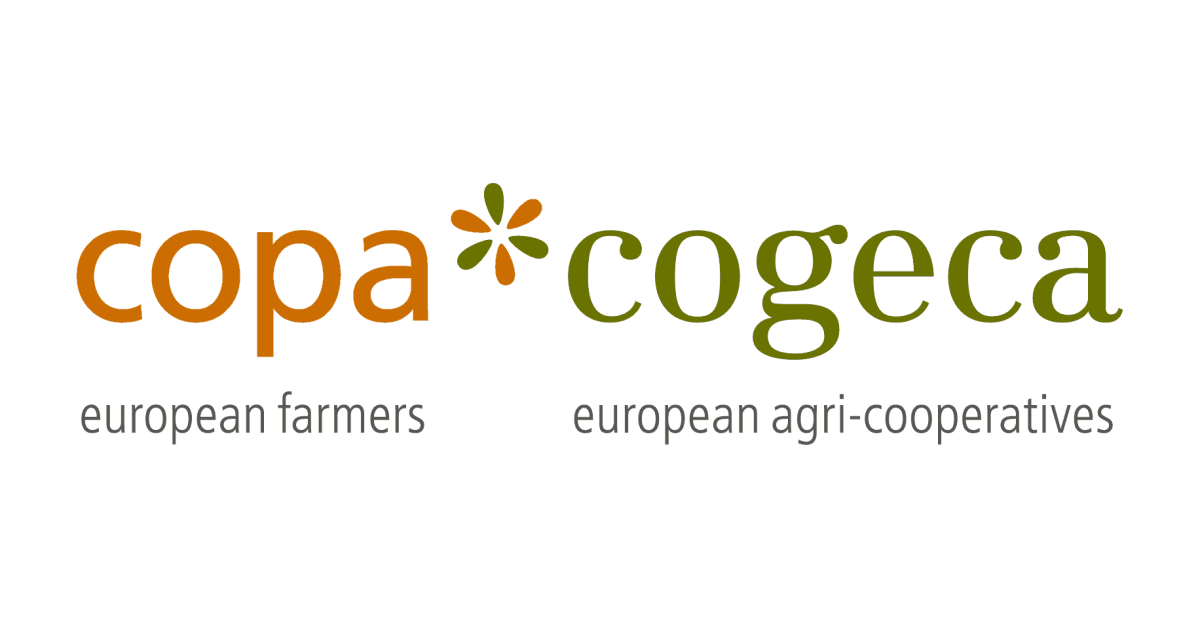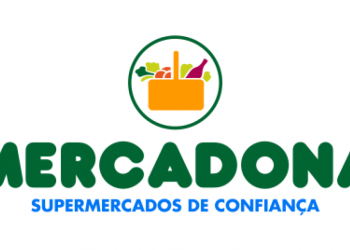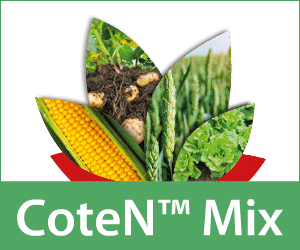Exactly one month ago, Christophe Hansen, Commissioner for Agriculture and Food, presented the Commission’s Vision for the Future of Agriculture. Among the many measures announced, one in particular stood out for European protein crop producers: the renewed ambition to develop a comprehensive plan to address the EU’s dependency on protein imports. I say “renewed ambition” because, for those familiar with Brussels policymaking, this issue has been a recurring challenge. Both Phil Hogan and Janusz Wojciechowski attempted to tackle it in the past. Yet, as the Draghi report aptly put it, “dependencies are becoming vulnerabilities.” If this warning is to be heeded, the issue can no longer be delayed despite its complexity.
Oilseed production is a cornerstone of EU agriculture, ranking as the second most widely grown arable crop after cereals. Rapeseed and sunflower not only support the EU’s food and animal feed industries, thus helping reduce dependency on imported plant proteins, but simultaneously serve as key resources for renewable energy in transport, directly contributing to decarbonisation and energy independence. Moreover, oilseeds play a vital role in sustainable farming by improving crop rotations, storing carbon and providing different sorts of ecosystemic services. Yet, despite its strategic importance for EU self-sufficiency, safeguarding the sector does not appear to be a priority judging by the gap between words and actions.
In recent years, Europe’s oilseed sector has been hit by a combination of production challenges and trade disruptions. Climate change has brought about extreme weather conditions, lowering yields and introducing new pests and diseases. At the same time, EU farmers have lost crucial crop protection tools, leaving rapeseed growers, for instance, with just eight active substances to fight pests, five of which share the same mode of action. Meanwhile, alternative solutions remain scarce, with no new active substances (including biocontrol) approved in the past five years, and New Breeding Techniques (NBTs) still unavailable.
Trade dynamics have only added to these difficulties. The war in Ukraine triggered a surge in oilseed imports, while the biodiesel market – critical for the sector – has been flooded with low-cost and potentially fraudulent biodiesel from China. Following the war, the EU fully liberalised trade with Ukraine and established “green lanes” to facilitate transport. With few restrictions on Ukrainian oilseeds and only limited tariffs on oils, Ukraine’s exports of oilseeds and related products (meal and oil) doubled from 5.5 million tonnes in 2021 to 11 million tonnes in 2024. While the EU imposed import restrictions on products like sugar, no measures were taken to curb oilseed imports.
A similar story is unfolding with Chinese biodiesel. Imports skyrocketed from 0.6 million tonnes in 2019 to over 1.7 million tonnes in 2023, forcing the EU to impose anti-dumping tariffs at the end of 2024. Yet, loopholes remain. The EU’s biofuel regulations give used cooking oil (UCO) twice the decarbonisation value compared to first-generation biodiesel from virgin vegetable oils, while fraud screening is lacking. As a result, Chinese UCO exports surged by 39.4% to 737,000 tonnes, much of which is suspected to be fraudulent palm oil classified as non-renewable biofuel in the EU. The Commission is now considering stricter certification rules, but whether concrete action will follow remains uncertain.
With rising imports suppressing prices and production costs soaring – fertiliser prices, for example, peaked at €1000 per tonne post-war, now stabilising at €400 – the outlook for EU oilseed farmers is becoming increasingly fragile. And if global trade tensions escalate, the situation could worsen.
All this leads us to an important paradox: despite its strategic importance, the outlook for the EU oilseeds sector is increasingly precarious. And with global trade uncertainties mounting, particularly in light of a second Trump administration, the situation could deteriorate even further. The second Trump administration is sending shockwaves through the markets. Canada, the world’s third-largest oilseed exporter, ships over 3.2 million tonnes of oilseeds and related products to the US each year. If Trump imposes a 25% tariff, much of this surplus could be redirected to the EU, intensifying pressure on European producers. Meanwhile, the US has already announced a ban on Chinese UCO imports starting in 2025. In 2024, the US imported over 1.2 million tonnes of Chinese UCO, a significant share of which is likely to be diverted to the EU, further destabilising the biodiesel market.
The EU cannot afford further strain on its oilseed production. Urgent measures are needed to ensure both the availability and affordability of essential production tools while mitigating trade risks. The complexity of the issue means there is no unique solution. Instead, a range of targeted policies will be required to support the sector effectively.
The Commission must base its upcoming protein strategy on the right assessments and deliver concrete, actionable proposals that translate into real impact on the ground. In my opinion, for this strategy to be successful, it must also focus on one of the greatest contributors to European plant protein production: oilseed meal – a crucial by-product of a biofuel policy centered on sustainability. Within Copa-Cogeca, we are actively working to provide input and policy recommendations that reflect the realities faced by farmers and agri-cooperatives. As the clock ticks down, we hope to engage constructively with the Commission to ensure that Europe’s oilseed sector is not only protected but strengthened for the future.
Fonte: Copa Cogeca

